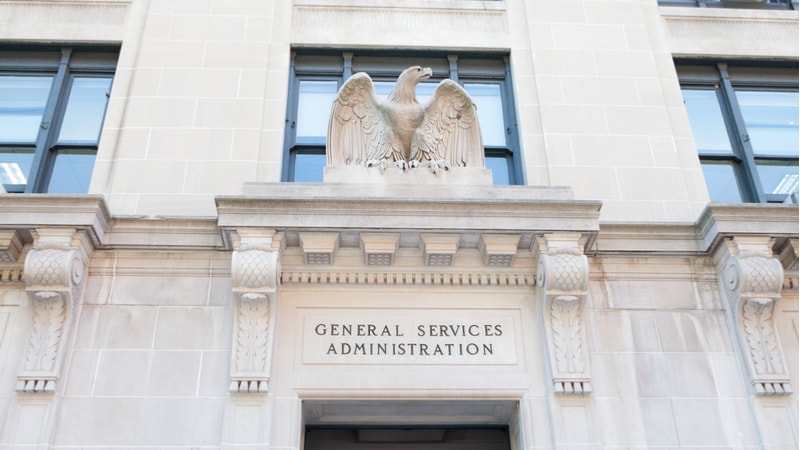
The General Services Administration (GSA) is seeking innovative technology solutions for the sixth U.S. Open Government National Action Plan (NAP).
The NAP – which is part of the Open Government Partnership established in 2011 – seeks to strengthen democracy by working with civil society to develop action plans, issue biannual progress reports, and implement accountability measures. The alliance aims to increase transparency, openness, and public engagement, according to GSA.
“GSA invites input from a wide and diverse array of stakeholders from the public, private, advocacy, not-for-profit, and philanthropic sectors, including state, local, tribal, and territorial governments. Members of the public as well as agency personnel are encouraged to provide feedback,” said GSA. “Public and agency input is critical in shaping a NAP that reflects the needs and priorities of the American people.”
Technologies or “innovative approaches” that could help the government “enhance transparency, public participation, and accountability” are being sought in a request for information (RFI) recently put forward by the agency.
In addition to technologies, other topics being asked for input include identifying specific problems that open government can address, identifying existing Federal agency or non-government organization work that can be enhanced, and suggestions for analyses that can assist in a “evidence-based co-creation process” for the sixth NAP.
The new NAP is being led by the Open Government Secretariat in collaboration with the White House’s Office of Science and Technology Policy and the new Open Government Federal Advisory Committee.
Current NAP priorities include modernizing service delivery; using innovative technologies to enhance government operations; expanding online access to the national archives; and expanding the production, dissemination and use of equitable data.
GSA noted that submissions must meet resource availability criteria, including budget, personnel, and feasibility of implementation, in addition to being specific, measurable, achievable, relevant, and time bound. Responses to the RFI must be filed by the deadline of Nov. 12, 2024.
